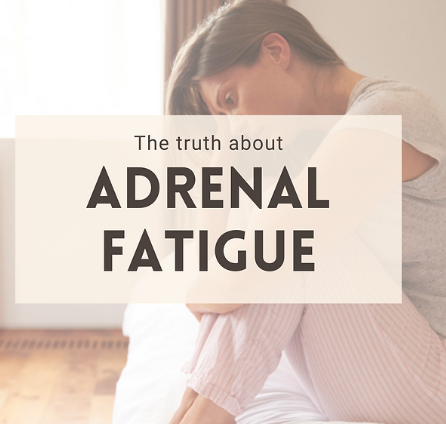Case Study: Managing Morning Anxiety in a Patient with Low Cortisol Metabolism
Background: A 35-year-old female patient presented to our clinic with a range of symptoms, the most concerning of which was severe anxiety occurring approximately 30 minutes after waking. She also reported fatigue, difficulty concentrating, and mild depression. A comprehensive hormonal evaluation using the DUTCH test was conducted to better understand her underlying physiological imbalances.
DUTCH Test Findings:
- 24-Hour Free Cortisol: Normal
- Cortisol Metabolites: Significantly below the reference range
- Key Symptom: Severe anxiety 30 minutes after waking
Clinical Interpretation: The DUTCH test results revealed that while the patient’s 24-hour free cortisol levels were within the normal range, her cortisol metabolites were low, suggesting impaired cortisol clearance. This imbalance can lead to dysregulation of the HPA axis, resulting in an exaggerated Cortisol Awakening Response (CAR) and contributing to her morning anxiety.
Treatment Plan:
-
Gradual Morning Routine:
- Sunrise Alarm Clock: To reduce the abruptness of waking, a sunrise alarm clock was recommended to help ease the patient into wakefulness more gently.
- Morning Mindfulness: Incorporation of a calming routine that included deep breathing exercises and light stretching within the first 30 minutes of waking to help regulate the CAR.
-
Support for Cortisol Metabolism:
- Liver Support: The patient was advised to take milk thistle and N-acetylcysteine (NAC) to enhance liver function and support cortisol metabolism. Dietary recommendations included increasing cruciferous vegetables and reducing alcohol intake.
- Thyroid Function Optimization: Thyroid function was evaluated, and the patient was supplemented with selenium and zinc to support optimal thyroid activity, which is crucial for cortisol metabolism.
-
Nutritional and Supplement Support:
- Adaptogens: Ashwagandha was introduced to help modulate the HPA axis and reduce anxiety levels.
- Magnesium: The patient began taking magnesium glycinate in the evening to promote relaxation and reduce morning anxiety.
-
Lifestyle Modifications:
- Sleep Hygiene: Emphasis was placed on improving sleep quality by maintaining a consistent bedtime, reducing screen time before bed, and optimizing the sleep environment.
- Morning Light Exposure: The patient was encouraged to get natural sunlight exposure in the morning to help regulate her circadian rhythm.
-
Psychological Support:
- Cognitive Behavioral Therapy (CBT): The patient was referred to a therapist for CBT focused on managing anxiety, particularly in the morning.
- Mindfulness Practices: Ongoing mindfulness practices were recommended to help the patient stay grounded and calm upon waking.
Outcome: Over the course of three months, the patient reported significant improvements in her morning anxiety. She found the gradual awakening approach particularly beneficial, and her anxiety levels decreased substantially. Her overall energy and mood also improved, indicating better regulation of her cortisol metabolism and HPA axis.
Conclusion: This case highlights the importance of understanding the intricacies of cortisol metabolism and its impact on symptoms like anxiety. By addressing both the physiological and psychological aspects, we were able to achieve a meaningful improvement in the patient's quality of life. Integrating DUTCH test results with a holistic treatment plan can lead to successful outcomes in managing complex hormonal imbalances.

